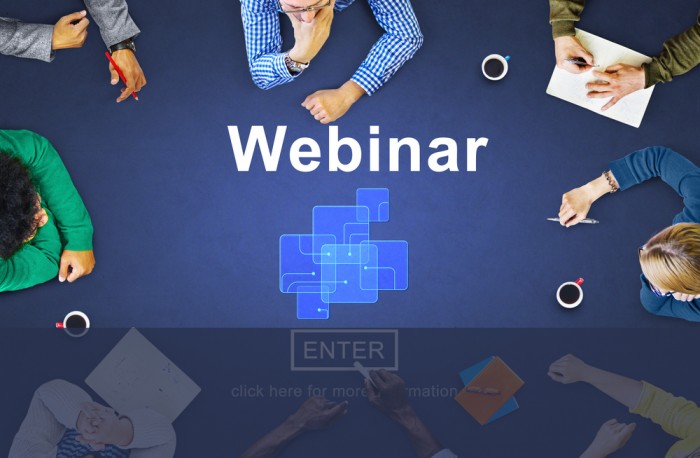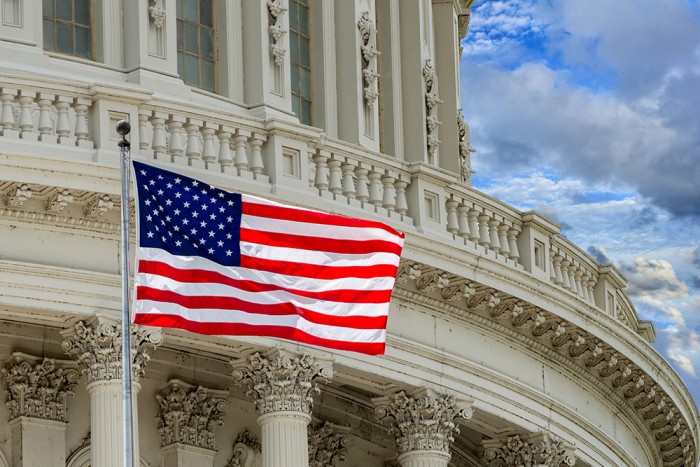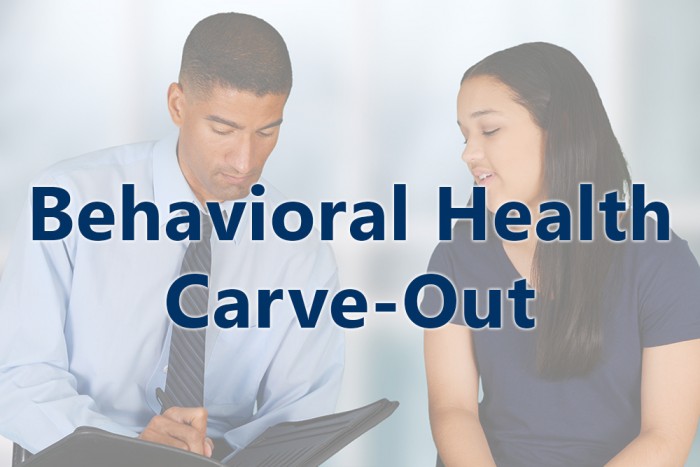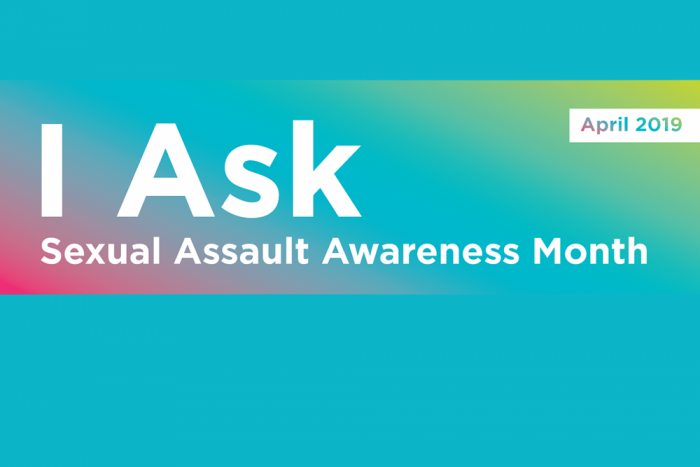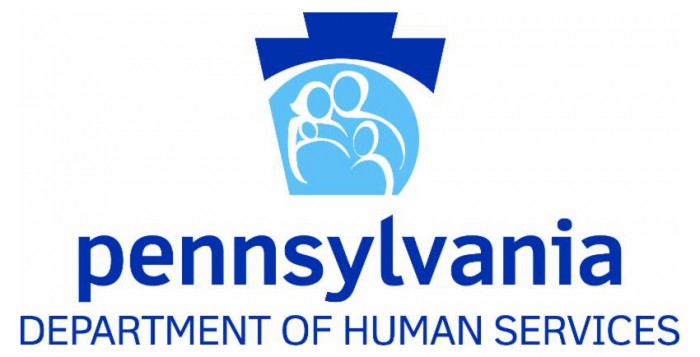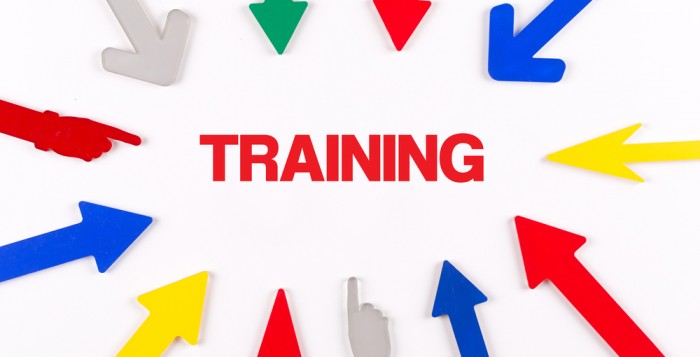The Center for the Study of Social Policy is hosting a series of free summer webinars for the Prenatal (PN) to 3 community. Feel free to register or pass it along to others that might have an interest.
Webinar: Effective Strategies for Engaging the Pediatric Community, Tuesday, June 4, 2:00 pm – 3:00 pm ET by Jill Sells, MD, FAAP, CSSP Consultant. This presentation will help early childhood community leaders more effectively engage the pediatric community in early childhood partnerships that help families connect to prenatal-to-three supports. Participants will learn about common barriers that stand in the way of partnership as well as helpful strategies to bridge early childhood and health. Register here.
Webinar: Early Relational Health: Community Level Strategies for Supporting the Psychosocial Health of Infants, Toddlers, and the Caregivers, Wednesday, June 12, 12:00 pm – 1:00 pm ET by David Willis, MD, CSSP Senior Fellow. This presentation will define the concept of “early relational health” and help participants examine new ways to support the functional, emotional, behavioral, and psychosocial health of infants and toddlers and their primary caregivers at the community level. Register here.
Webinar: Reaching Isolated Families and Communities, Friday, July 12, 1:00 pm – 2:00 pm ET by Rosemarie Allen, PhD, Institute for Racial Equity and Excellence. Participants will learn about challenges faced by socially isolated or “hard-to-reach” families and opportunities to help more families in need of access to prenatal-to-three services. Participants will also learn about strategies to mitigate implicit bias and implement culturally responsive practices. Register here.
Webinar: Building Strong Local Alliances to Support Your PN–3 Agenda, Wednesday, August 21, 1:00 pm – 2:00 pm ET by George Askew, MD, FAAP, Deputy Chief Administrative Officer for Health, Human Services, and Education of Prince George’s County, MD and Krystal Reyes, Chief Resilience Officer, City of Tulsa, OK. This presentation provides community engagement strategies for sharing power and building allies to help advance your prenatal-to-three strategies and agenda. Register here.
Thanks for all you’re doing on behalf of babies!
Gerry Cobb, Pritzker Children’s Initiative









